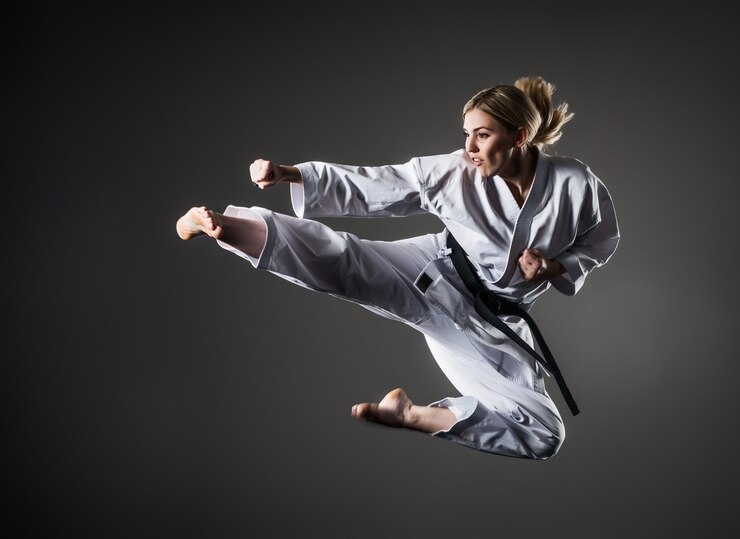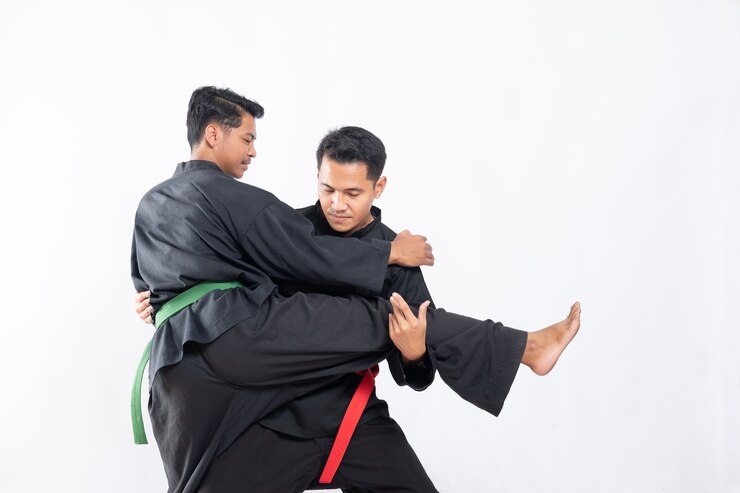SELF DEFENSE CAOCHING- BOYS / GIRLS UNDER 18 YEAR
Self-defense training can be a valuable skill for people of all ages, but it's especially important for children and teenagers to learn how to protect themselves. When providing self-defense coaching for boys and girls under 18 it's important to create a safe and supportive learning environment. We make sure that your coaching is age-appropriate and tailored to the skill level and physical abilities of our students. It's also important to emphasize the importance of self-awareness and de-escalation techniques as part of your coaching. Self-defense is not just about physical techniques, but also about learning how to recognize and avoid potentially dangerous situations. Finally, make sure to obtain proper certifications and insurance to protect yourself and your students, and to follow all necessary safety protocols to ensure the wellbeing of everyone involved. When it comes to self-defense coaching for boys and girls under 18, there are several factors that can differentiate their training programs. Here are some of the ways in which self-defense coaching may differ for boys and girls:
- Physical Differences: Boys and girls have different physical abilities and strengths, which can affect the types of techniques and strategies that are taught in self-defense coaching. For example, boys may have greater upper body strength, while girls may be more agile and flexible. Coaches may tailor the training to the physical abilities of each gender.
- Risk Factors: Boys and girls may face different types of threats or risks when it comes to personal safety. For instance, boys may be more likely to encounter physical altercations with other boys, while girls may be more vulnerable to sexual harassment or assault. Self-defense coaches may take these risk factors into account when teaching techniques and strategies.
- Confidence Building: Boys and girls may have different levels of confidence when it comes to physical self-defense. Girls, in particular, may benefit from a coaching approach that emphasizes empowerment, assertiveness, and self-confidence.
- Socialization: Boys and girls are socialized differently when it comes to physicality, aggression, and self-defense. Girls may be taught to be more passive or avoid confrontation, while boys may be encouraged to be physically dominant. Self-defense coaching may need to take these socialization factors into account when working with young people.
Overall, self-defense coaching for boys and girls under 18 may involve some gender-specific considerations, but it should ultimately aim to provide all young people with the skills, knowledge, and confidence they need to stay safe and protect themselves in a range of situations..



